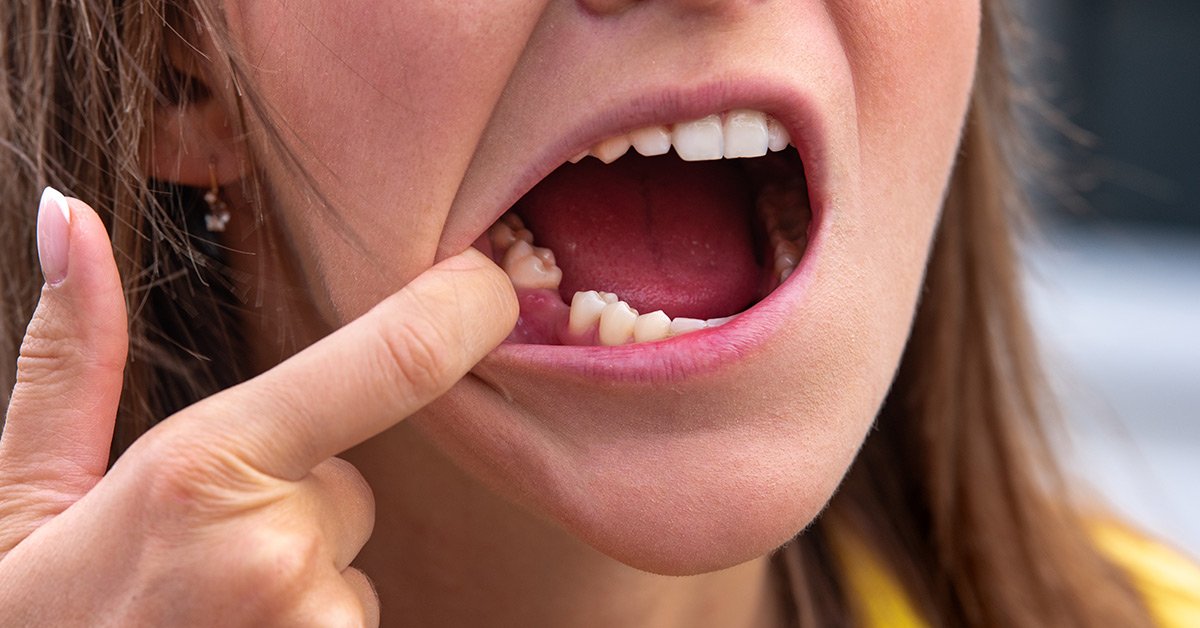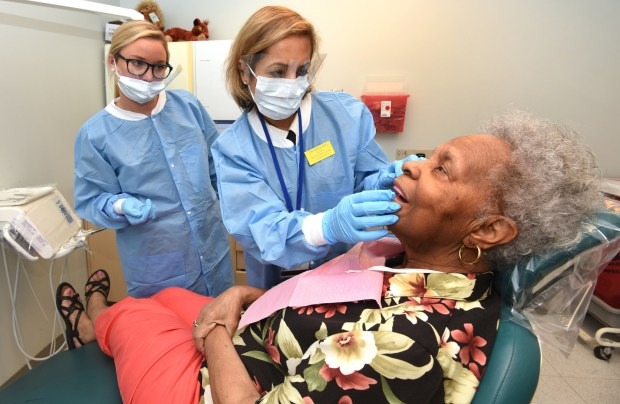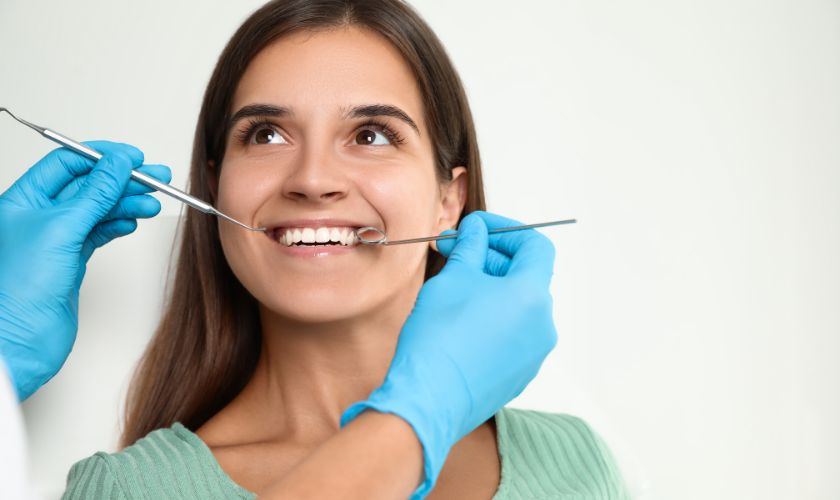Understanding Oral Cancer: Key Symptoms and Prevention Tips
When it comes to oral health, understanding the signs and methods of preventing oral cancer is crucial. Often overshadowed by other types of cancer, oral cancer remains a critical health issue that requires attention and awareness. Let’s break down what this disease is about, highlight some common symptoms, and explore effective prevention strategies.
Anúncios
Spotting the Early Signs of Oral Cancer
Detecting oral cancer early can significantly improve the prognosis. So, what should you look out for? The most common signs include persistent sores on the mouth or lips that don’t heal within two weeks, unusual lumps or thickening of tissues in the mouth, and white or red patches on the gums, tongue, tonsil, or lining of the mouth. Additionally, if you experience discomfort such as pain, tenderness, or numbness anywhere around the mouth or lips, it’s worth consulting your dentist or doctor.
Anúncios
Risk Factors You Should Know
Understanding the risk factors associated with oral cancer can lead to better preventative measures. Tobacco use of any kind—cigarettes, cigars, pipes, and chewing tobacco—is among the top risk factors. Alcohol consumption also plays a significant role, particularly when combined with tobacco. Other factors include a family history of cancer, excessive exposure to sunlight (which can affect the lips), and certain strains of the human papillomavirus (HPV), which can affect the throat at the back of the mouth.
Step Up Your Oral Hygiene Game
Prevention starts with robust oral hygiene. Regular brushing and flossing can do more than keep your teeth sparkling; they help rid your mouth of harmful bacteria that could potentially lead to cancer. Additionally, regular dental check-ups are essential. Dentists can often spot the early signs of oral cancer, sometimes before you even notice any symptoms. So, keeping those bi-annual appointments is more important than you might think.
Anúncios
Oral Cancer: Diet and Lifestyle Choices Matter
What you eat and how you live play a significant role in preventing oral cancer. Diets rich in fruits and vegetables provide antioxidants and nutrients that can reduce the risk. Meanwhile, limiting processed meats and excessive alcohol can further decrease your chances of developing this condition. Embracing a healthy lifestyle that includes regular exercise also strengthens your body’s overall defence mechanisms against various diseases, including cancer.
Stay Informed and Educated
Staying informed about the latest health guidelines and cancer research can empower you to make better health decisions. Awareness campaigns and health education programs are excellent resources for learning more about oral cancer. They provide valuable information on everything from early detection methods to new research and treatments. Engaging with these resources not only increases your knowledge but also your ability to make informed choices about your health.
Harness the Power of Regular Screenings
Regular screenings for oral cancer are invaluable. These can be done during your routine dental visits; dentists can perform a thorough examination of your mouth for any signs of abnormal tissues. These screenings are quick, painless, and could potentially save your life by catching cancer early when it is most treatable. Don’t underestimate the importance of these screenings, especially if you belong to the high-risk groups associated with this disease.
Embrace the Sun Safely
While enjoying the sunny outdoors, it’s important to protect your skin from harmful UV rays, and this includes your lips. Using a lip balm with SPF protection can guard against the exposure that can lead to lip cancers. Hats with broad brims are also effective in shading your whole face, including the mouth area. Such simple measures can significantly lower your risk of developing oral cancer linked to sun exposure.
Advocacy and Support Groups
Engaging with advocacy and support groups can offer additional layers of information and support. These groups not only provide a platform for education and awareness but also foster a community where individuals affected by oral cancer can share their experiences and coping strategies. Such support can be invaluable in managing the emotional and physical challenges that come with a cancer diagnosis.
Oral Cancer: Innovative Research and Advances
Staying updated on the latest research can also provide hope and practical benefits. Scientists are continually working on better diagnostic tools and more effective treatments for oral cancer. Innovations such as targeted therapy and immunotherapy are showing promising results, offering less invasive options and potentially fewer side effects than traditional cancer treatments.
Taking Action
Ultimately, the fight against oral cancer is about combining vigilance with prevention. By adopting a proactive approach to your oral health, you can significantly diminish the risk of developing this serious condition. Remember, the choices you make every day—from your diet to your dental hygiene routine—can contribute to your overall health and well-being.
In conclusion, tackling oral cancer head-on with adequate knowledge and preventative measures can make a significant difference. Pay attention to the signs, maintain a healthy lifestyle, and keep up with regular dental check-ups. These steps are your best defence against oral cancer, ensuring that you maintain not just good oral health, but overall well-being.




